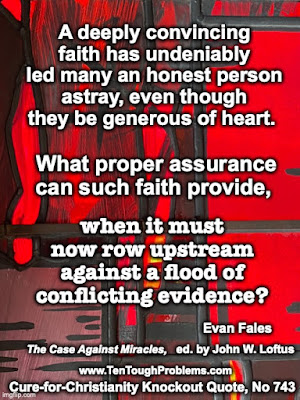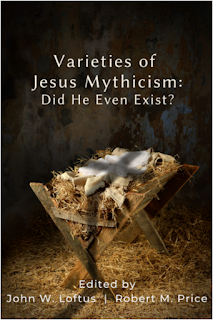Of Miracles: In Defense of David Hume against Graham Oppy
David Hume (1711-1776) offered some good philosophical arguments against miracles that still resonate today. His arguments focused on the unreliability of human testimony on behalf of miracles. He did not live in a technological age like ours with modern forensics that include blood analysis, with tests that can determine one’s type, and detects diseases, poison, drugs and alcohol. We also have x-ray technology, DNA evidence, CAT scans, dash cams, and security cameras at convenience stores, on street intersections, and neighborhood homes. Especially noteworthy are the ubiquitous number of cell phones that give us immediate access to the police by a 911 call, cameras that can capture any event on video, and GPS tracking capability showing where we are at any given time. So Hume didn’t have the capability we do to establish miracles, or debunk them.
In our day the James Randi Educational Foundation (JREF) offered a one-million-dollar prize “to anyone who can show, under proper observing conditions, evidence of any paranormal, supernatural, or occult power or event.” From 1964, when it first offered such a challenge, until 2015 when they stopped doing it, no challenger had even gotten past the preliminary test.[1] That should settle the question of miracles. If not, why not?
One might ask why we even need philosophical arguments. Why not just teach how science works and why the methods of science are the best we have to get at the truth? In a real sense we don’t need philosophical arguments, per se, including those from Hume.[2] However, given so many possible existential threats to life on our planet, we should do everything we can to reach people who value blind faith over scientific evidence.[3] So practically speaking, some believers might be attentive to listen to Hume, rather than to Darwin, Sagan, Shermer, Dawkins and others.[4]
One of the best philosophical arguments that can help believers acknowledge the value of sufficient evidence, objective evidence, scientific evidence, is found in my book, the Outsider Test for Faith. [5] It challenges them to doubt their own culturally indoctrinated childhood faith for perhaps the first time, just as if they never heard of it before. It calls on them to require of their own religious faith what they already require of the religious faith’s they reject. It forces them to rigorously demand logical consistency with their doctrines along with sufficient evidence for their faith, just as they already demand of the religions they reject.













